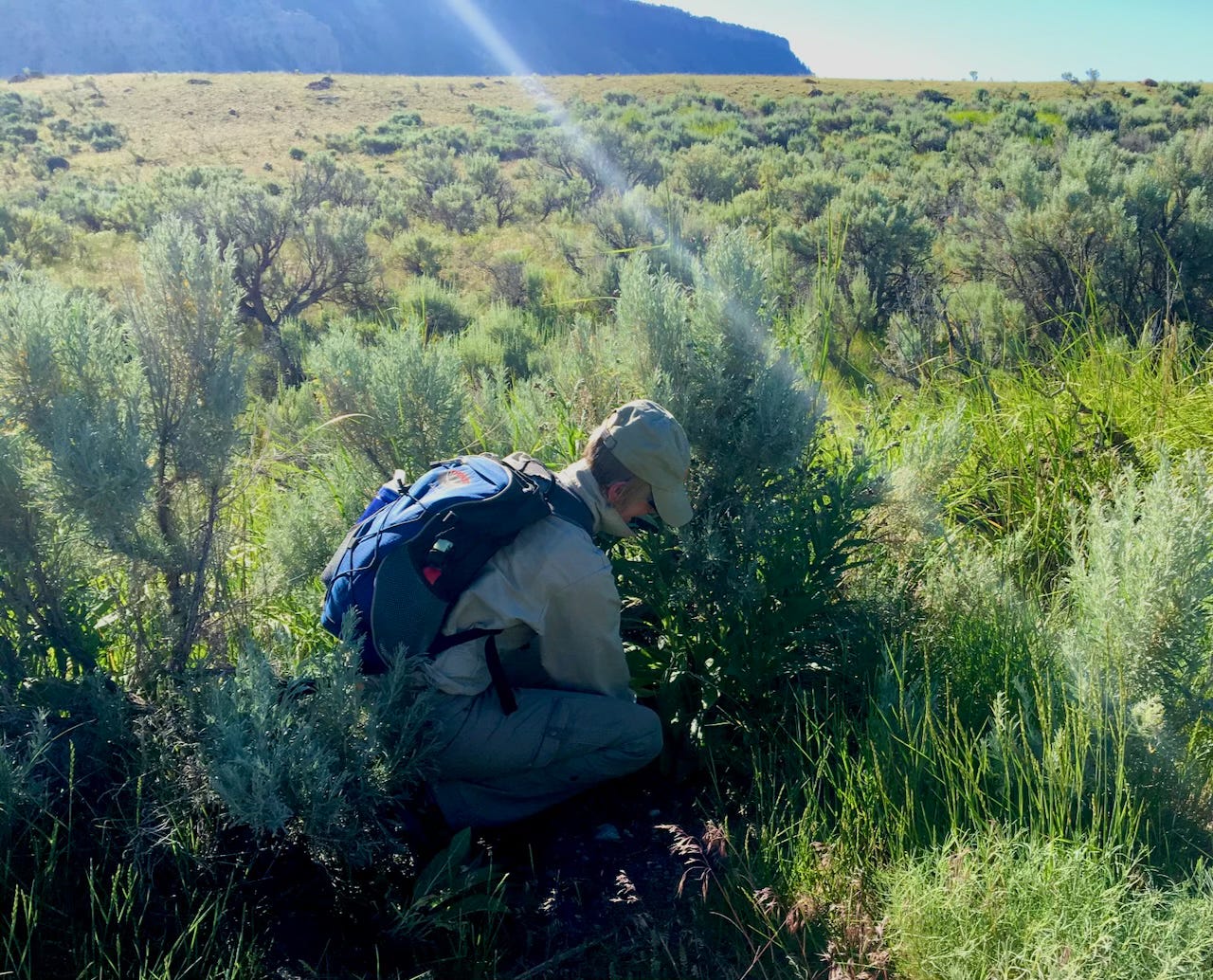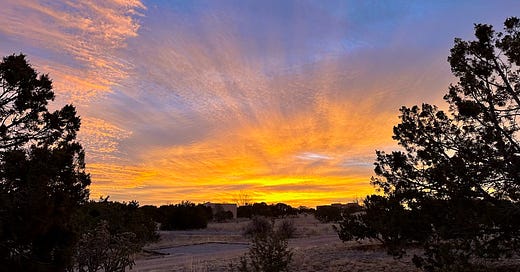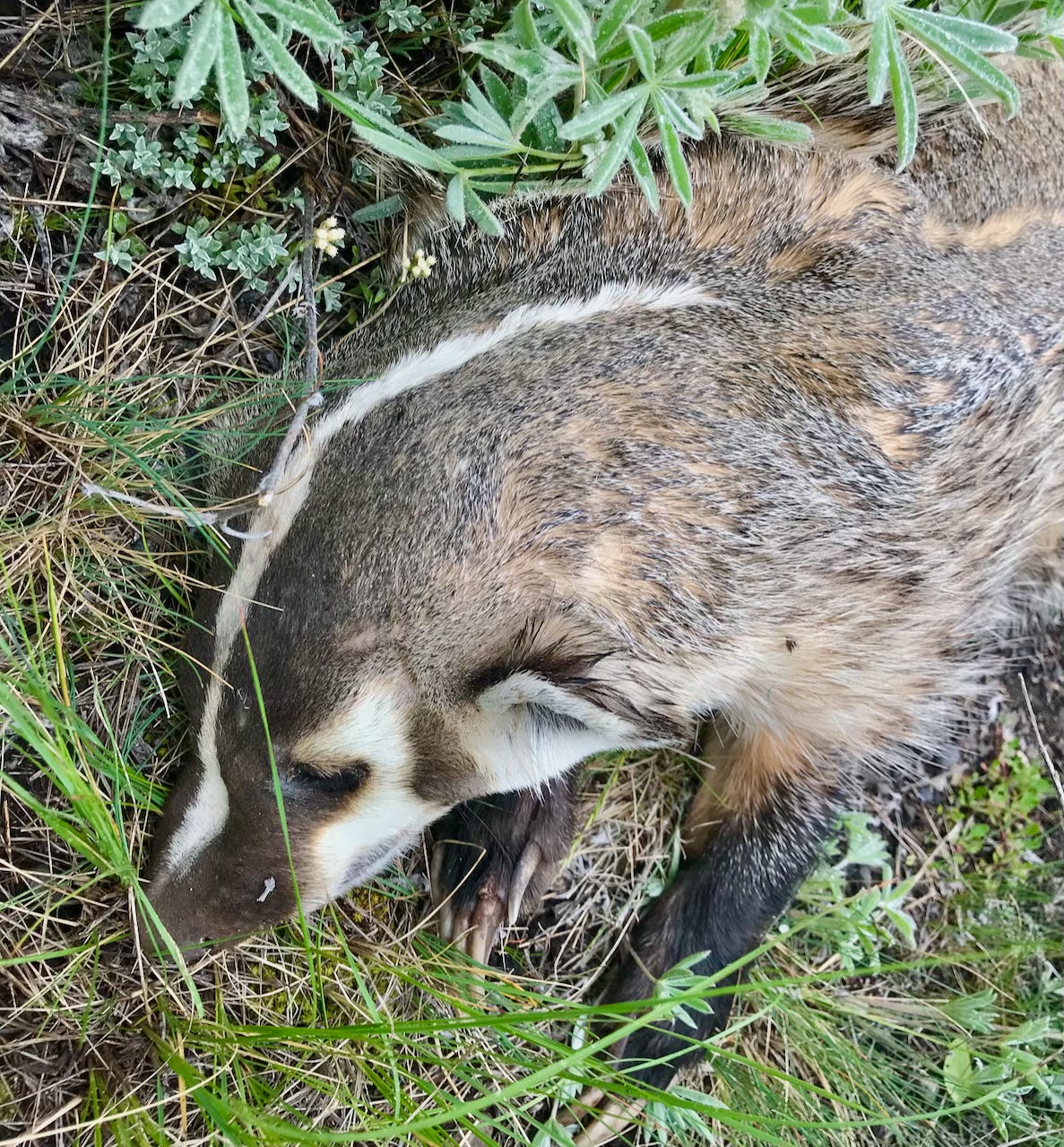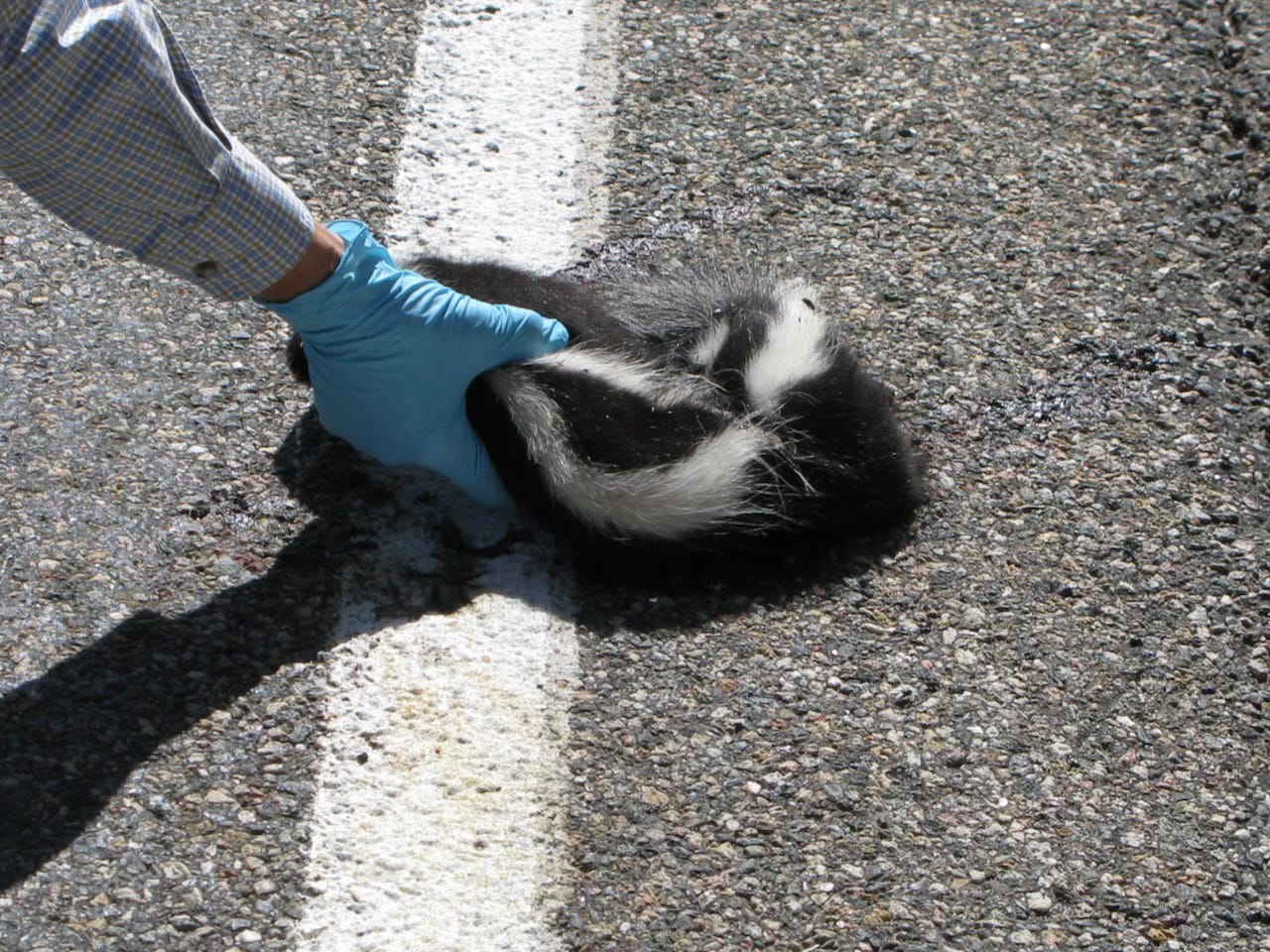Good morning, friends, and welcome to Practicing Terraphilia in a Year of Spiritual Thinking! This is Month 3, Week 1. (I am using the solar calendar for the year of spiritual thinking, which began at Winter Solstice.)
My aim in this project is to search for the spiritual connection in our shared terraphilia, humans’ innate affiliation for this living earth and those with whom we share the planet—animal, vegetable and mineral. And to enrich my personal spiritual practices in the doing.
I have the sense that many of us are searching for a way to express the ineffable, the connection we feel to the living network of lives we often call nature, and to the sacred source of life itself. And I believe that searching and learning together is far more rewarding than going at it alone.
In Being Home, Discovering the Spiritual in the Everyday, Gunilla Norris writes,
I discovered that certain moments in my day held meaning for me. I began to linger around them, to dwell with them. This is when I discovered that I was somehow praying. … Often the prayers are wordless. They are simply a kind of awareness, a return to gratitude, or to conscience, or to praise.
As I thought about Norris’ words and how we can express grace in the most ordinary of our everyday actions, and the fact that I am on the road at a conference this weekend, I remembered an essay I wrote for the Denver Post. “Picking Up Roadkill” explores Norris’ idea of recognizing the wordless prayer in what we do in the course of our daily lives, although it does not use the word “prayer” to describe my roadtrip ritual.
I’m including the essay here, followed by this month’s call or challenge on active prayer, the often wordless rituals in our every days that can be read as praise or gratitude.
Picking Up Roadkill
(This essay appeared in different forms in a number of places. This version is from my memoir Walking Nature Home.)
Richard and I were driving home late one summer night after seeing Molly off at the airport when the glare of our truck headlights picked out a humped form on the pavement. I caught a glimpse of long-clawed feet, a broad back, and a white stripe bisecting a wide head as we rushed past.
“Badger!”
“Should I go back?” asked Richard.
We were both tired. But the image of that motionless shape on the pavement tugged my heart.
“Yes -- please?”
He made a screaming U-turn in the two-lane highway, and drove back. I hopped out, darted across the dark road, and cautiously laid a hand on the still form. The fur was warm and the body unmarred -- the animal might have been asleep -- but not a muscle twitched. The badger was dead. My ears tuned for approaching traffic, I slid my hands under the limp body and then hefted it with a grunt, surprised at the solid weight.
“Do you need help?” Richard called from the truck.
“No,” I said, a little out of breath.
I toted the badger off the pavement, climbed down the bank below the road and walked a few yards into the darkness of the desert. When I came to a large creosote bush, I knelt and slid the body from my arms to the earth. I sat for a moment reciting a silent prayer, one finger touching the badger’s dense fur. Then I brushed my hands on my jeans, trotted back across the highway, and climbed into the waiting truck.
Richard reached over and gripped my hand. We drove away into the night.
After that, I started picking up roadkill: jackrabbits, pocket gophers, coyotes, rattlesnakes, deer, and turtles. The huge porcupine, armed with a profusion of golden quills. The great-horned owl, one wing still flapping in the backwash of passing vehicles. The soft plumage of the curve-billed thrasher: its yellow eye bright, its neck broken. I touched animals that, if alive, would never have allowed my approach. My hands remember the feel of their bodies, so like mine in the stitching of muscle to bone, yet so fundamentally different.
I didn’t always stop. Sometimes I didn’t have time or there was too much traffic. And I felt guilty as I drove on, the form on the pavement burned in my vision.
Richard got used to my habit. He’s the one who put a folding shovel in the back of the truck, who made me wear gloves if the body was mangled or bloody, who hugged me afterwards.
Read on for the spiritual reasons behind why I pick up roadkill, what ecology has to say about the sacred and why empathy for other lives matters. (Hint: It’s not just feminine over-sentimentality or squeamishness.) Plus a call to consider how you practice active prayer in the quotidian moments of your daily routine and how you can deepen those practices.
When people asked why I stopped, I told them that I pulled roadkill off the pavement because I hated the waste. I quoted a biologist colleague: “If you get the bodies out of harm’s way, they can decompose, and the critters that feed on them don’t get killed too.”
It’s a matter of economy, I said, like never throwing away food. Moving roadkill off the highway allows the cycle of life to continue unbroken. The materials that make up one existence can recycle into others. It was a good speech: the scientist in me was pleased. But my heart knew there was more. I didn’t trust that sense, and anyway, I couldn’t find words for what I felt. I kept seeing the badger: its fur sleek, its muscles solid, its body as peaceful as if in sleep -- but dead.
I come from a culture that trusts the logical conclusions of science without question. Science has much to say about the community of the land and the interrelationships that define and sustain that community, as well as about our place in it.
Ecology seems to me among of the most reverential of the sciences. It honors all of life by listening to every voice without exception, giving words to creatures large and small, common and obscure -- even those lying broken on the pavement. It chronicles the relationships that tell the great story of life as it flexes and fluctuates in its eternal dance with change, and the everyday miracle of reincarnation as the molecules from one being cycle through others from birth to death to birth, time and again.

It is not the role of ecology to look for miracles or report on matters of heart and spirit. Still, reading between the lines of its data and theories, what shines out of the careful words is the presence of the sacred, demonstrated in the continuing rhythm of life as it makes a place for all of us on this green and animate planet.
What my heart reads in the lives I haul off the highway is a parallel we have either forgotten or that we ignore: How we treat our fellow humans is directly related to, and perhaps determined by, how we treat other animals. Psychologists say that people who commit violent crimes are likely to have grown up abusing other species, setting cats afire, beating dogs, swerving to hit critters on the road.
Empathy for other lives is not mere squeamishness or childish over-sensitivity: it is inseparable from our care for each other. A civilized society is created as much by our private, every-day acts as it is by the laws we pass and the contracts we sign. Our personal behavior sets the model for what we expect of others.
I stop to lift mangled and battered carcasses off the pavement, moving them carefully out of harm’s way, in order that life might continue its journey. For me, picking up roadkill is an act of respect and compassion. And it brings a bittersweet and unexpected gift: each body that I gather up in death touches my life with its story and the magic of its existence.
For me, picking up roadkill is an act of respect and compassion. And it brings a bittersweet and unexpected gift: each body that I gather up in death touches my life with its story and the magic of its existence.
My ritual of picking up roadkill is a form of wordless, active prayer. A way of honoring life itself—and our practice of daily living—as sacred.
The Call or Challenge to Active Prayer
Where in your daily life do you linger, as if in gratitude, awareness or praise? When are you truly in the moment during your quotidian routine? Doing the dishes? Folding laundry? Watering the garden? Filling the bird feeder? Checking your messages? Sitting at your desk and focusing on work? Walking the dog?
Do you feel the sacred in simply being alive and going about your day?
Hit the comment button below to respond!
An Exercise
Linger in one of these ordinary moments where you might feel a heightened awareness of the gifts in our simple daily rituals. Be with whatever you are doing and listen intently within. What do you hear? Can you find the grace and awareness, the appreciation in your ordinary rituals?
How would you communicate those moments of the sacred in the ordinary living of your days? If you find words, write them down, not worrying about being polished, just getting down the feeling. If no words come to mind, can you draw or dance or play music that expresses those moments of beyond-ordinariness, when the light inside of you is imbued with a feeling of being part of something larger?
…those moments of beyond-ordinariness, when the light inside of you is imbued with a feeling of being part of something larger….
Practice being in praise of the sacred in the ordinary each day, if only for a few moments. Treasure what you find and learn.
Blessings to you all!







I will never look at roadkill the same! My nature ritual is relating to the tides. We can see down into a tidal cove from our home, and I love to pay attention the rhythm of the highs and lows throughout the day. I cross a bridge on the way to work, and a lobster boat is sunk in the channel. I can tell the tide by how much of the boat is showing above the waterline. It's my daily reminder that things are always in motion and changing.
Since I began to live with chronic illness and the narrowed life that it entails, I have practiced this way for a while now. I can no longer join others or participate in formal shared rituals, so I have learned to do this - pausing often to become aware (Spirit, I am here), to return to gratitude (so grateful for this…) and praise (what an amazing thing or person, what a wonderful world, what a beautiful life). It is a life-enriching practice! I notice all kinds of marvelous things all around me. I have much joy!